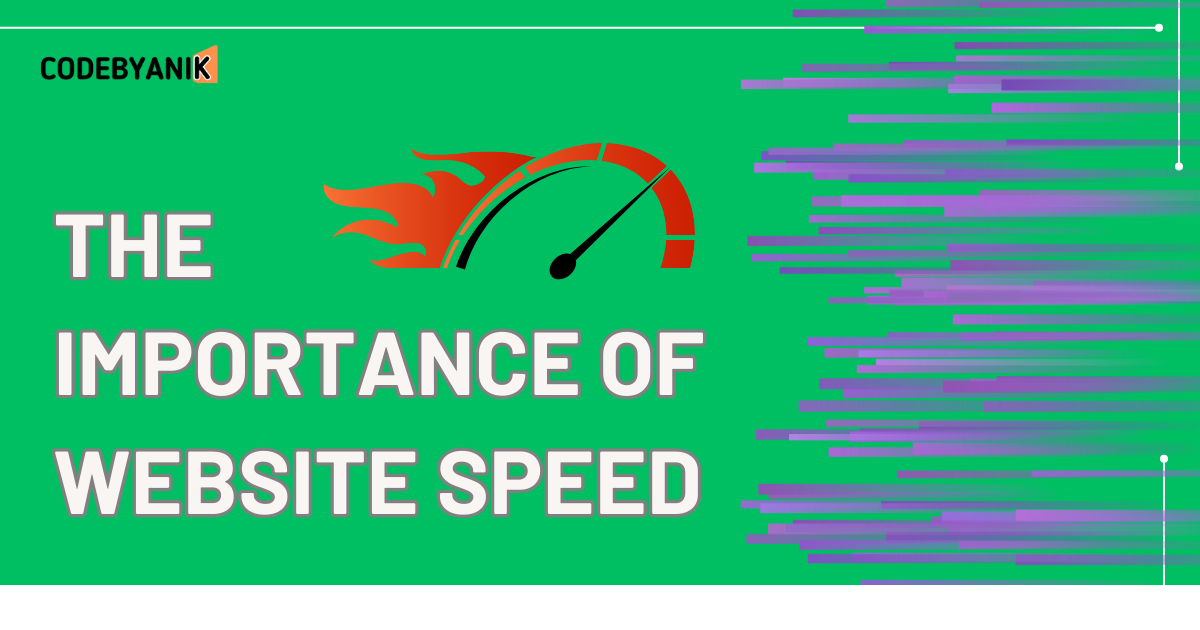Website speed is a leading indicator of your website’s success. A slow website not only frustrates visitors but also damages your search engine rankings and conversion rates. In today’s digital world, where users expect instant access to information, website speed becomes an essential building block of SEO and user experience.
Why Website Speed Is Critical
1. Impact on SEO
Search engines like Google prioritize fast-loading websites because they enhance user experience. In 2010, Google officially announced website speed as a ranking signal. A slow website can lead to:
- Decreased search rankings
- Increased bounce rates
- Poor user engagement
A faster website ensures better crawlability for search engine spiders, allowing your pages to be indexed efficiently. If your website takes more than 3 seconds to load, you risk losing valuable traffic and ranking potential.
2. Effect on Conversions
Website speed directly impacts conversion rates. Studies show that a 1-second delay in page load time can cause a 7% drop in conversions. Slow websites lead users to abandon their journey before completing key actions like purchasing, registering, or submitting a form.
📌 Example: Amazon reported that every 100ms delay in page speed results in 1% loss in sales. Whether you run an e-commerce site, SaaS business, or personal blog, optimizing website speed is essential for better conversion rates.
Common Causes of a Slow Website
🚨 Why is your website slow? Here are some common reasons:
- Large images & unoptimized media
- Poor server performance & hosting
- Excessive HTTP requests
- Unminified CSS, JavaScript, and HTML
- Too many plugins & third-party scripts
- Lack of browser caching & CDN integration
Actionable Solutions to Improve Website Speed
1. Optimize Images
✅ Compress images using tools like TinyPNG or ImageOptim without sacrificing quality.
✅ Use modern formats like WebP for faster loading times.
2. Choose a Fast Web Hosting Provider
✅ Invest in a reliable hosting provider with high-speed servers.
✅ Consider Cloudways, SiteGround, or Kinsta for optimized hosting.
3. Minimize HTTP Requests
✅ Reduce unnecessary scripts and stylesheets.
✅ Use asynchronous loading for non-critical resources.
4. Enable Browser Caching & Use a CDN
✅ Use caching plugins like WP Rocket or W3 Total Cache to store static files.
✅ A Content Delivery Network (CDN) like Cloudflare or BunnyCDN ensures faster content delivery.
5. Minify & Compress Files
✅ Use Gzip compression and minify CSS, JavaScript, and HTML with tools like Autoptimize.
✅ This helps reduce file sizes and loading time.
6. Reduce Plugins & Third-Party Scripts
✅ Remove unnecessary plugins to reduce server requests.
✅ Limit third-party integrations for better performance.
Internal & External Resources
How Custom Web Development Can 10X Your Business Growth
Best Website Design Companies for Small Business
Website speed is a game-changer in SEO and conversions. A slow website can drive visitors away, lower rankings, and hurt sales. By optimizing images, upgrading hosting, enabling caching, and minifying files, you can ensure a high-performing, fast-loading website.
🚀 Website speed isn’t optional—it’s necessary for online success. Start optimizing today!
